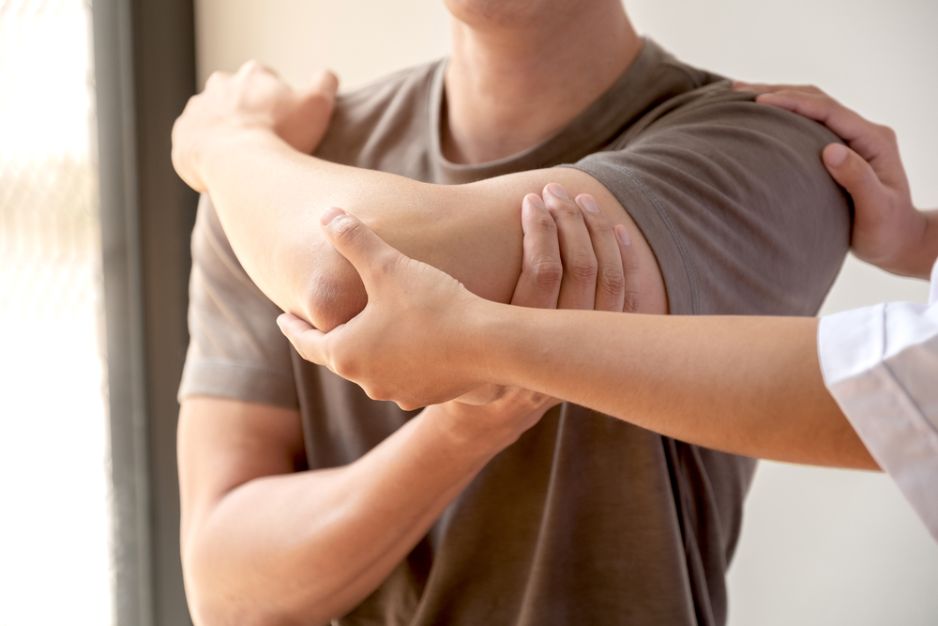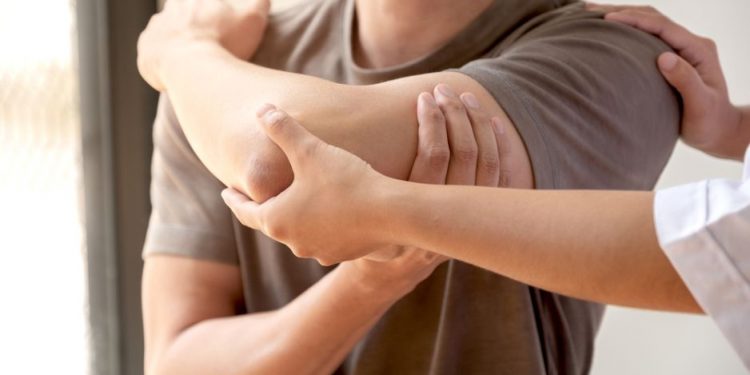The most common symptom of Buerger disease is pain in the arms and legs, especially when you’re sitting or standing. You may also feel numbness or tingling in your fingers and toes or experience changes in the color of your skin, called Raynaud’s phenomenon (fingers and toes turn white and blue when exposed to cold).
A slow or uneven flow of blood through the arteries can cause this condition. In addition, inflammation and clots in your blood vessels can make your hands and feet less able to fight infection.
If you have Buerger disease, your doctor might use blood pressure cuffs and ultrasound imaging to look at the arteries in your hands and feet. This test can help show if you have Buerger disease and can identify other conditions that can cause similar symptoms.
Clean cuts and scrapes quickly to prevent infections. Small cuts can quickly turn into serious infections if you don’t keep them clean and apply antibiotic ointment. Cover them with clean bandages, and see your doctor if the cut gets worse or doesn’t heal well.
Avoid cold weather, as it can trigger swelling and bruising of your hands and feet. You can help prevent this by wearing gloves or mittens when the weather is cold or by keeping your hands and feet warm with a blanket.
Regular exercise can help improve blood flow to your arms and legs. This will make it easier for your body to fight infection and reduce the risk of painful skin ulcers that can happen if you don’t have enough blood flowing to your extremities.

Talk to your doctor about exercise. He or she might recommend stretching exercises, such as yoga, tai chi or qigong, and strength-building exercises, such as lifting weights and using your leg muscles.
Visit your dentist regularly to maintain good oral health and avoid gum disease, which is linked to Buerger disease in its chronic form.
Quit smoking and other forms of tobacco, including chewing tobacco, snuff and cigarettes. This will reduce the inflammation in your blood vessels and stop the clots from getting worse.
If you have advanced Buerger disease and don’t quit smoking, the clots in your blood vessels can cause gangrene — tissue death. If left untreated, your doctors might remove dead tissue with either an amputation or wide debridement.
Check your skin often for cuts and scrapes. Even small cuts and scrapes that don’t seem severe can lead to infections, especially if you have low blood flow to your arms and legs.
Get regular dental care to avoid long-term gum problems that can also affect the health of your blood vessels. Your doctor might advise you to stop smoking or start using a nicotine patch for your gums.
The most important treatment for Buerger disease is stopping smoking. Smoking cessation can make your symptoms better or even go away completely. If you continue to smoke and have Buerger disease, it can progress to gangrene of your fingers and toes, leading to amputation of those parts of your body.









